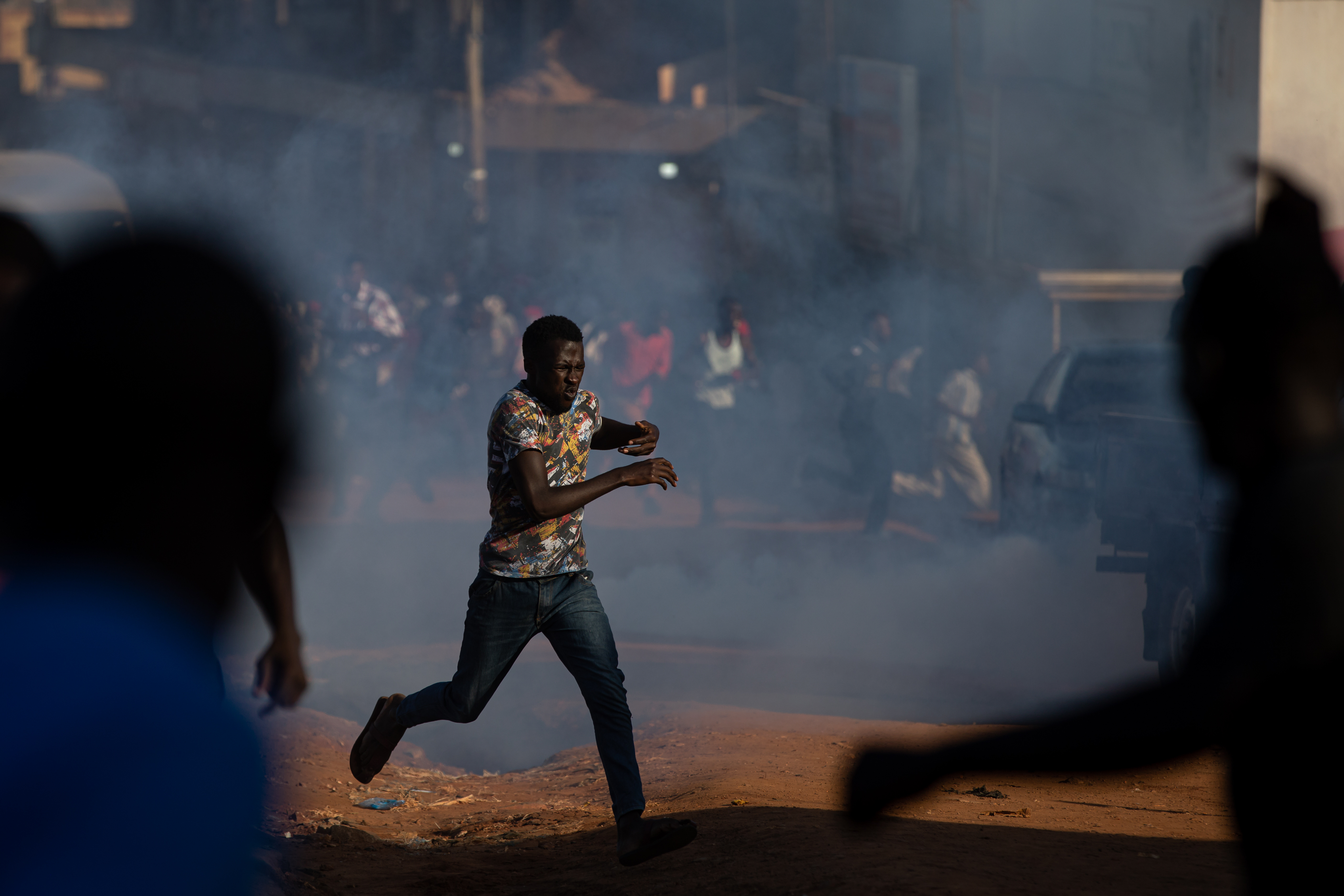Uganda must do more to meet its commitments to protect freedom of the press and access to information, according to a shadow report by IPI and the Small Media Foundation, the Freedom of Expression Hub in Uganda, and the Africa Freedom of Information Centre. This report, submitted to the African Commission on Human and People’s Rights on September 20, responds to the State report by the Ugandan government that was submitted on August 24 covering the years 2013 to 2022.
The shadow report focused specifically on the state of press freedom, freedom of expression, and access to information in the period under review. It also assessed Uganda’s compliance with Article 9 of the African Charter on Human and People’s Rights which provides every individual with the right to receive information and to express and disseminate opinions within the law.
In the state report, the government of Uganda highlighted that “Uganda’s liberalized private media has exponentially grown over the years with an increase in private radio and television stations, that serve as a major medium of mass communication…the emergence and extensive use of social media platforms for communication by both public institutions and the general public has enhanced access and use of public information.”
The government also reported on the guidelines under the Access to Information Act that were issued by the Ministry of Information and National Guidance to ease access to information in Uganda. The Data Protection and Privacy Act which was passed in February 2019 to protect the privacy of the individual and personal data by regulating the collection and processing of personal information was also highlighted.
While commending the Ugandan government for the positive steps that have been undertaken, our shadow report also highlighted the restrictive legal, policy, and administrative developments that undermined media freedom, freedom of expression, and access to information. This included provisions in the Penal Code, the Computer Misuse Act, and the Press and Journalists Act.
Over the years, journalists in Uganda have also faced the brunt of various press freedom threats and violations, including raids on media outlets, physical violence including the use of live ammunition by the police, and unlawful arrests and detention. The Uganda Communications Commission has also been at the forefront of undermining fundamental access to information rights by ordering the blocking of the internet and social media networks, putting in place stringent measures including fees, licensing regimes, and content restrictions for broadcasters and journalists, and in some instances barring live coverage of events.
DOWNLOAD THE FULL REPORT HERE (pdf file)
